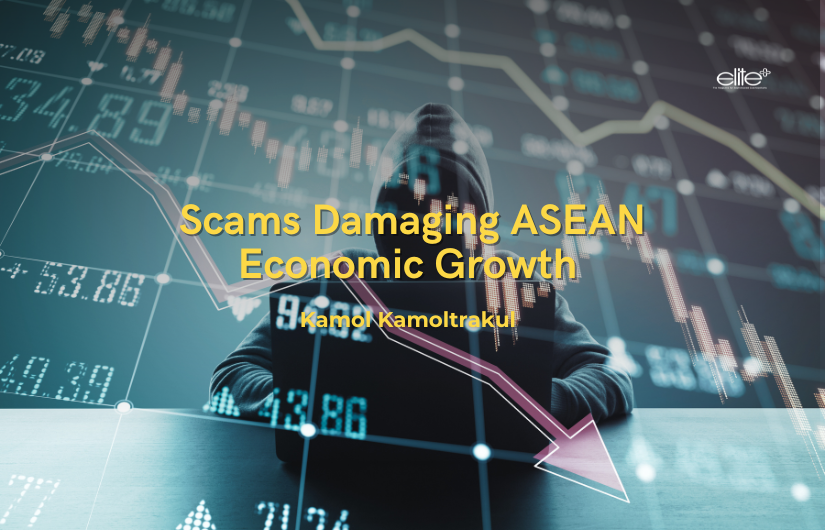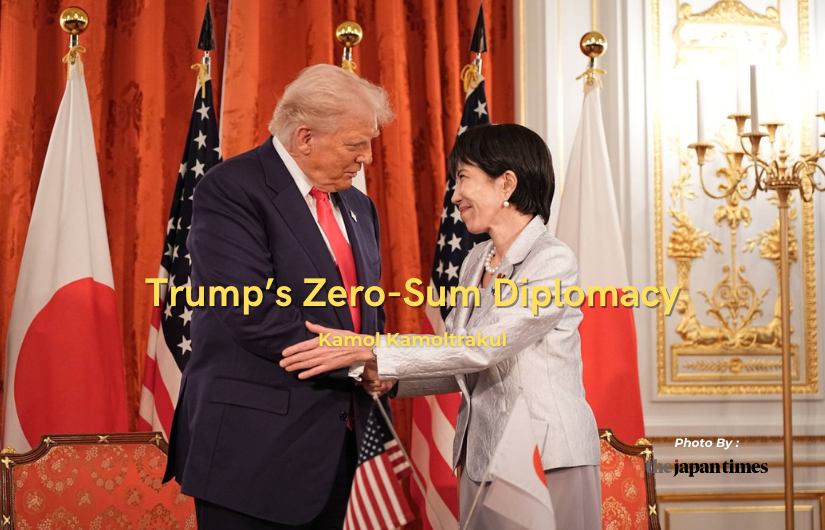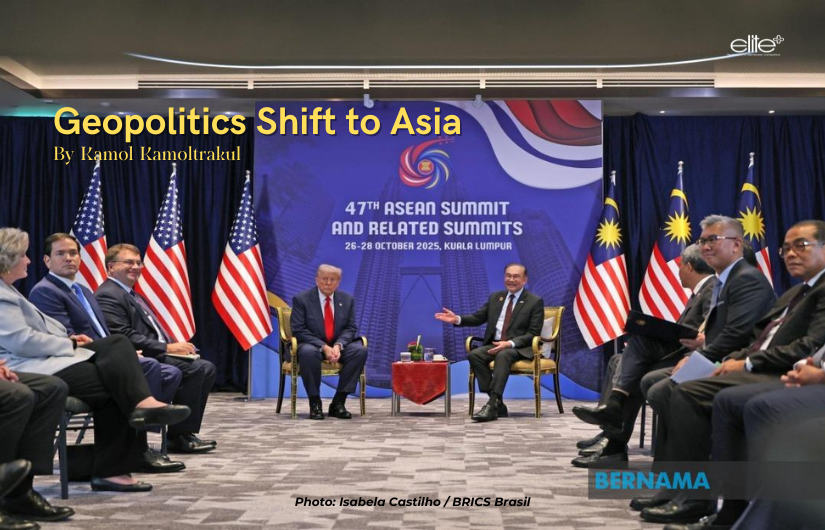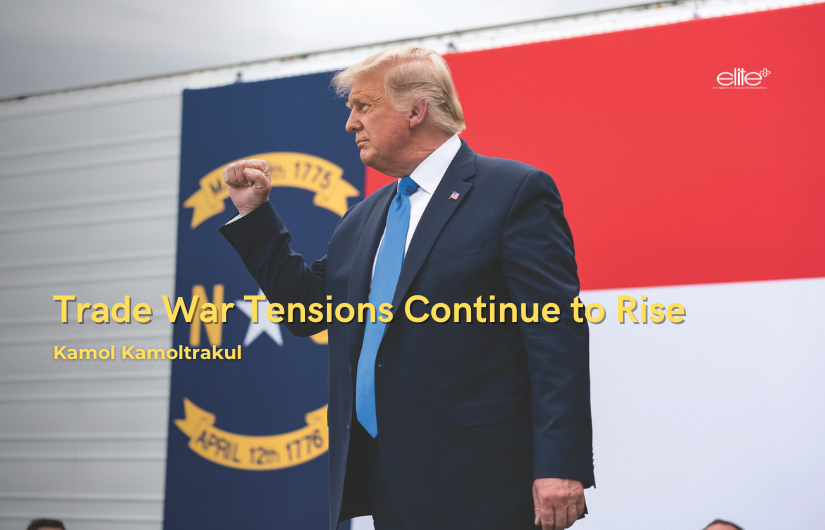South Korea and Japan Furious over US Trade Deals
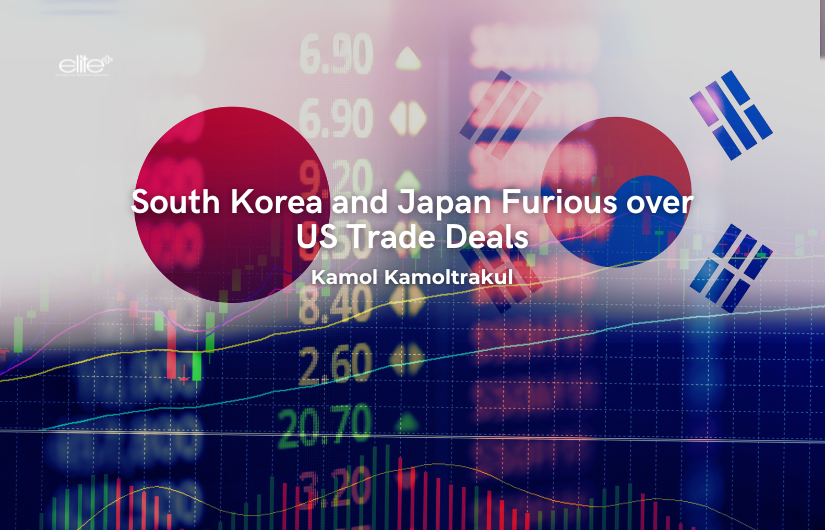
Trump’s trade policy has changed friends to foes. Besides India, Japan and South Korea, America’s closest allies in East Asia, are furious over the latest negotiations and the roundup of hundreds of Korean temporary workers at the Hyundai-LG plant in Georgia.
President Trump managed to pressure both South Korea and Japan to invest a combined nearly USD 1 trillion in the United States in exchange for lower tariffs. The United States agreed to lower tariffs on South Korean goods to 15% from 25% for a commitment that Korean companies would invest USD 350 billion in the United States, including USD 150 billion dedicated to strengthening America’s shipbuilding sector. However, South Korea’s foreign minister, Cho Hyun, recently told the National Assembly that US investment demands “could create a big burden on our people.”
Additionally, in early September, Trump signed an executive order enacting a trade deal he had struck with Japan in July, committing Japan to invest USD 550 billion in the United States. The order codified the reduced automotive tariffs that Tokyo had desperately sought. In addition, it came with a memorandum of understanding between the two countries stating outright that Trump, not Japanese officials, will select how the USD 550 billion will be invested. If Japan goes against his wishes, he will have the right to impose higher tariffs.
However, officials and business leaders in both countries are questioning commitments their governments have made to invest hundreds of billions in American manufacturing. Public anger is complicating relations as vocal leaders in government and business increasingly feel their countries are being strong-armed, and they are questioning whether it still made sense to comply with President Trump’s demands.
Analysts say these events are the latest display of how Trump is using trade negotiations to pursue his agenda, despite the diplomatic, political and economic consequences for America’s closest allies.
Moreover, the trade deal with South Korea could sour because US immigration officials raided the construction site of a major Hyundai-LG plant in Georgia, a flagship project by two of South Korea’s most prominent companies. Hundreds of South Korean citizens were arrested, handcuffed, detained and deported for living and working in the country illegally. They were among about 475 people detained during last week’s raid at the battery factory under construction on the campus of Hyundai’s sprawling auto plant west of Savannah.
US authorities released video of the massive roundup, showing some workers being chained as they were taken away, which sparked widespread anger and a sense of betrayal in South Korea.
South Korea’s President Lee Jae Myung then called for improvements to the United States’ visa system, saying Korean companies will likely hesitate to make new investments in the US until that happens.
While Seoul worked to bring home the more than 300 South Korean workers by government sponsored flights, Chosun Ilbo, the country’s conservative daily newspaper and traditionally an advocate of a strong alliance with the United States, argued that the government must recognize the seriousness of the situation. In a recent editorial, the newspaper urged officials to convey to the United States that the South Korean public is now questioning whether it should continue investing in America.
“It inevitably raises fundamental questions about what ‘alliance’ really means to the US,” Chosun Ilbo wrote.
South Korean Foreign Minister Cho Hyun told the nation’s legislature that, in light of the raid at the battery factory in Georgia, the country was demanding allocations for more visas for South Korean workers as part of the trade negotiation.
Lee Jae Myung, South Korea’s president, told the media that the country’s businesses were “flummoxed” by the raid because “they were not there as long-term or permanent workers but as technicians who helped install facilities and equipment.” If the United States does not help such people work safely in the country, South Korean businesses will hesitate to make direct investments.
While he declined to elaborate on the ongoing trade negotiations, Mr Lee explained why the process was difficult, saying, South Korea will not make a decision that goes against their national interests nor engage in negotiations that are not rational or just.
Mr Kim added that his government would not proceed with plans for investing in shipbuilding — labelled by South Korean officials as the ‘Make American Shipbuilding Great Again’ initiative — without an agreement on how the rest of investment in the United States would be put in place.
President Trump has repeatedly vowed to resurrect the maritime industry in the United States, which would require the help of South Korea, the world’s second-largest shipbuilder after China.
In the meantime, in a social media post, President Trump said he would “make it quickly and legally possible” for foreign companies investing in America to send their people to build products in the United States, but added that they needed to hire and train American workers as well.
Trump’s main concession in the deal was a reduction in tariffs for South Korea’s important automotive sector. But that now hangs over the negotiations because the lowered duty has not gone into effect. The two countries are in talks now, trying to iron out how South Korea’s investments will be made, but Seoul is already signalling that it cannot agree to the types of concessions that Japan agreed to last week.
Looming over the South Korean talks is the cautionary tale of Japan, which made a deal that some commentators say abdicated financial sovereignty to President Trump. The details that were laid out in the memorandum of understanding, which was published in the Japanese news media, underscore how Japan had to capitulate or risk damaging its economy.
Among the notable provisions of the memorandum is a clause stipulating that Trump will select Japan’s investments. Once a choice is made, Japan will review and fund the investment within 45 days, according to the document. If Japan chooses not to move ahead, Trump may impose tariffs at a higher rate of his choosing, the document stated.
Japan would initially receive half of the cash flow generated by the investment until an agreed-upon threshold was reached. After that, Japan would receive 10% of the cash flow. The rest of the money would go to the United States.
Masahiko Hosokawa, a former senior official at Japan’s Trade Ministry, said the Japanese government had to agree to these terms for “damage control” to lower automotive tariffs. But he said he believed that the process was unlikely to unfold in the way that some Trump administration officials had proclaimed.
“It’s a mistake to think that America will ask for money for something and Japan will just give it,” Mr Hosokawa said. “Japan will not become America’s A.T.M.”
However, David Boling, a director of Japan and Asia trade at the Eurasia Group and a former US trade negotiator, said, “Japan had little choice but to accept President Trump’s terms. Playing hardball with the White House is not a viable option because the United States has shown a willingness to retaliate and push tariffs to backbreaking levels.”
“It would be very risky for Japan to really put up a fuss where they might risk retaliation. It is just the reality when you’re dealing with Trump. You have to be very pragmatic,” he said.
After all, one reason for Prime Minister Shigeru Ishiba’s resignation is because of his LDP’s unpopular decision to secure a tariff deal with the US.

Kamol Kamoltrakul 48 Posts
Visiting lecturer: Navy Academy Institution, NIDA, School of Governor, Ministry of Interior, Chulalongkorn University, Former Lecturer, ABAC Honorary Advisor Trade and Industry Committee Senate. Senior advisor, Standing Committee on Finance and Banking, The House of Representative. Former Advisor to the Minister of Interior Board Member of ThaiPBS Board Member Of Thai Consumer Council Columnist : Prachachart Business Weekly, Matichon Weekly, Khom Chad Luke Daily Former Program Director Asian Forum for Human Rights and Development ( FORUM-ASIA).




